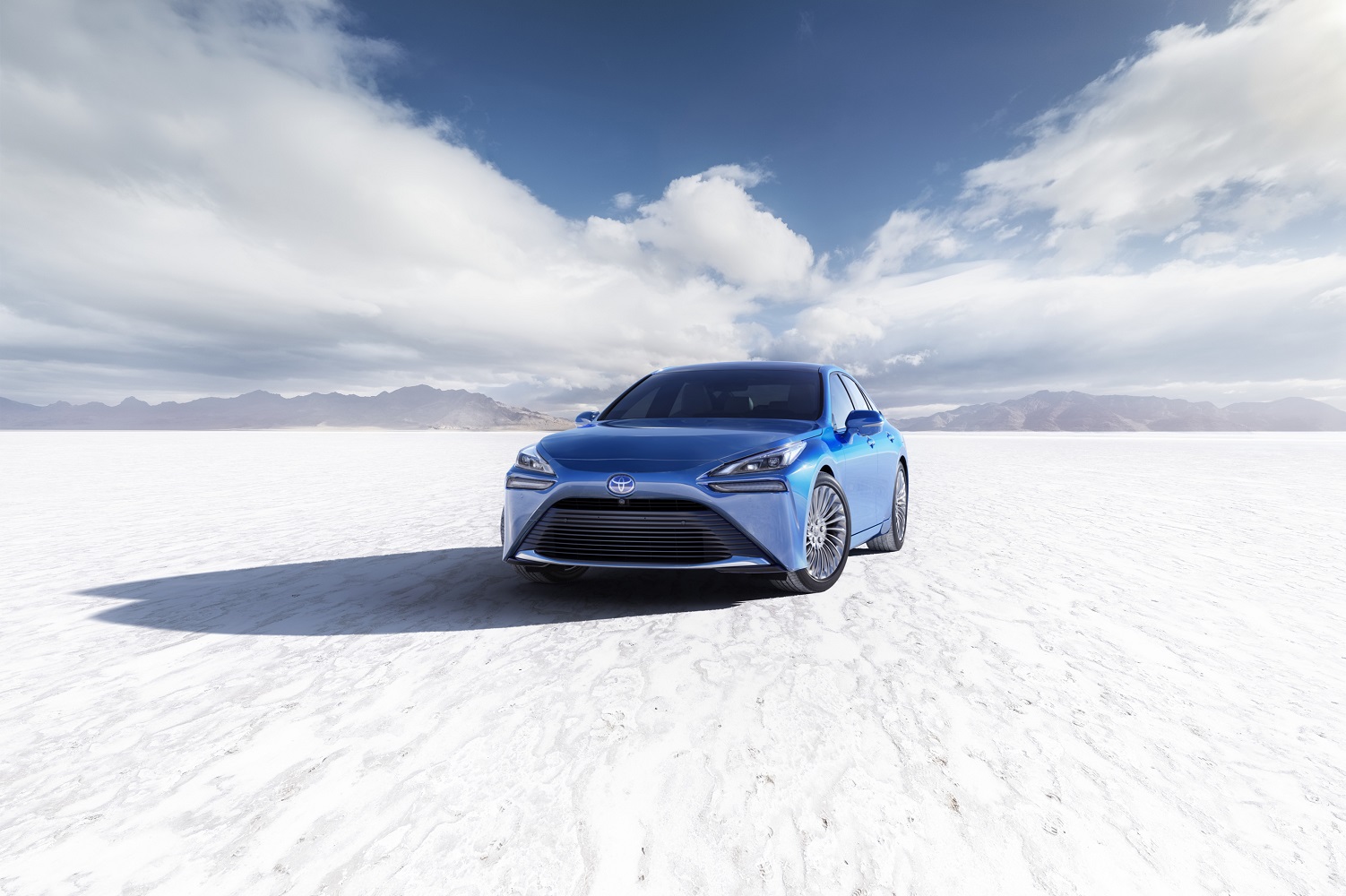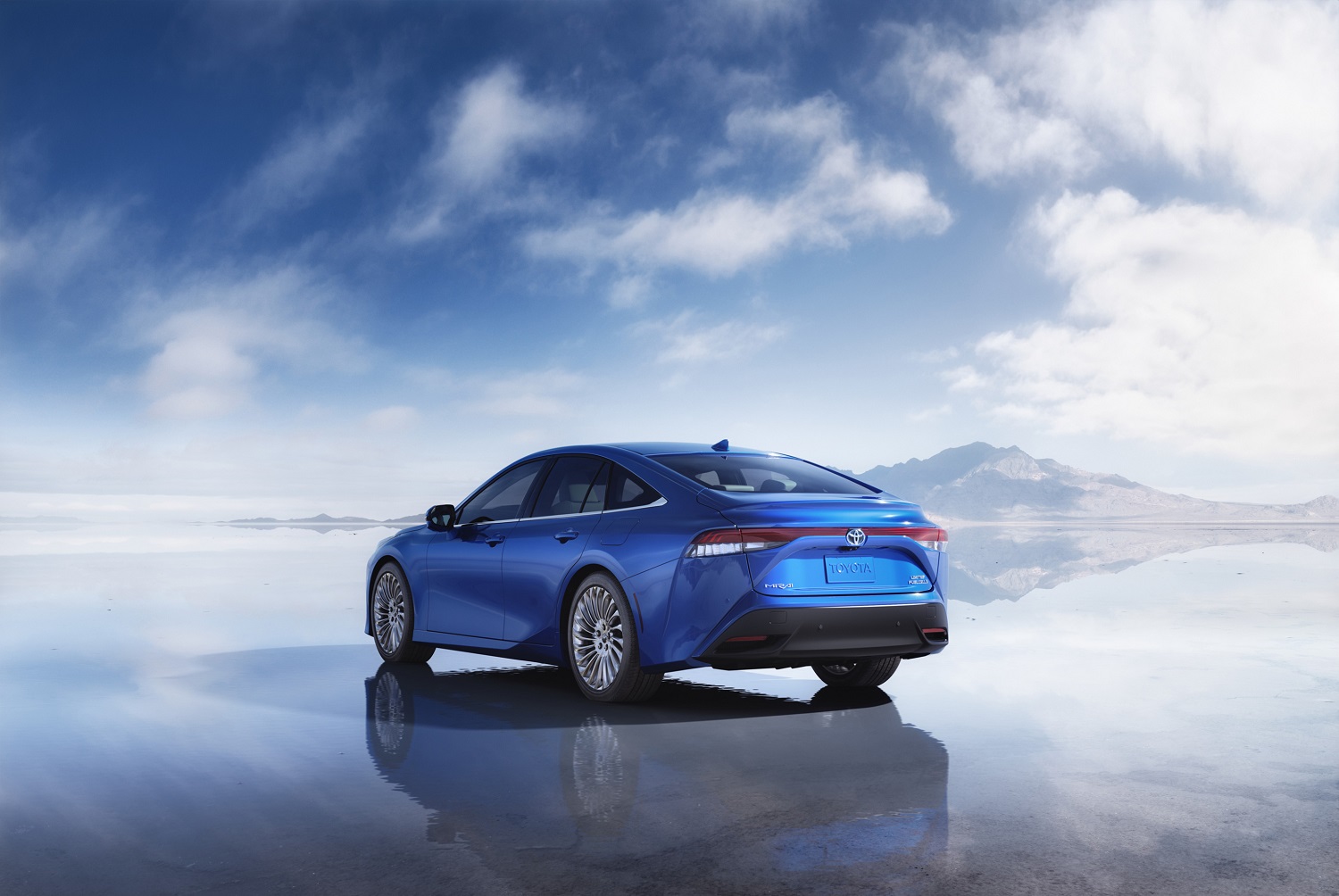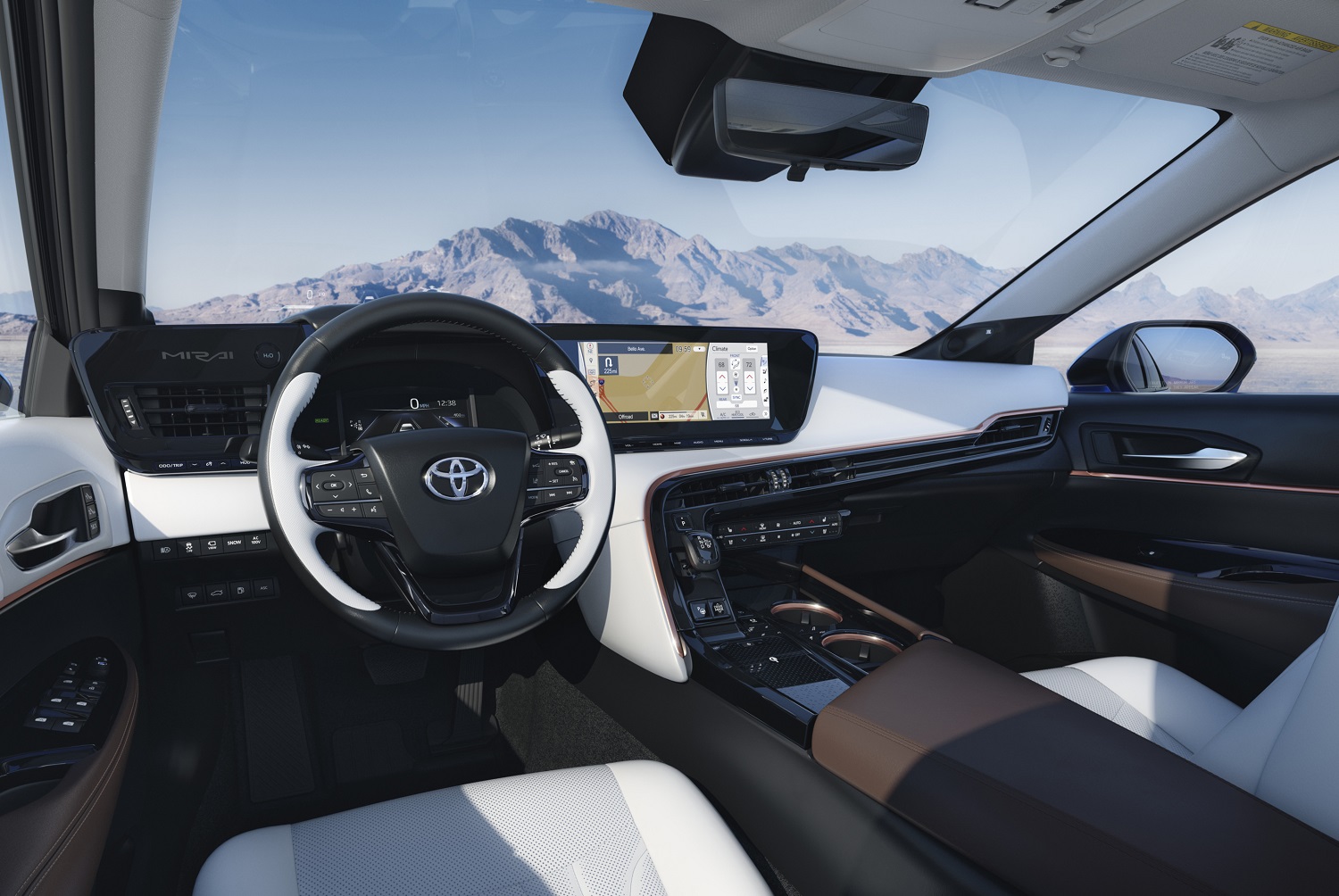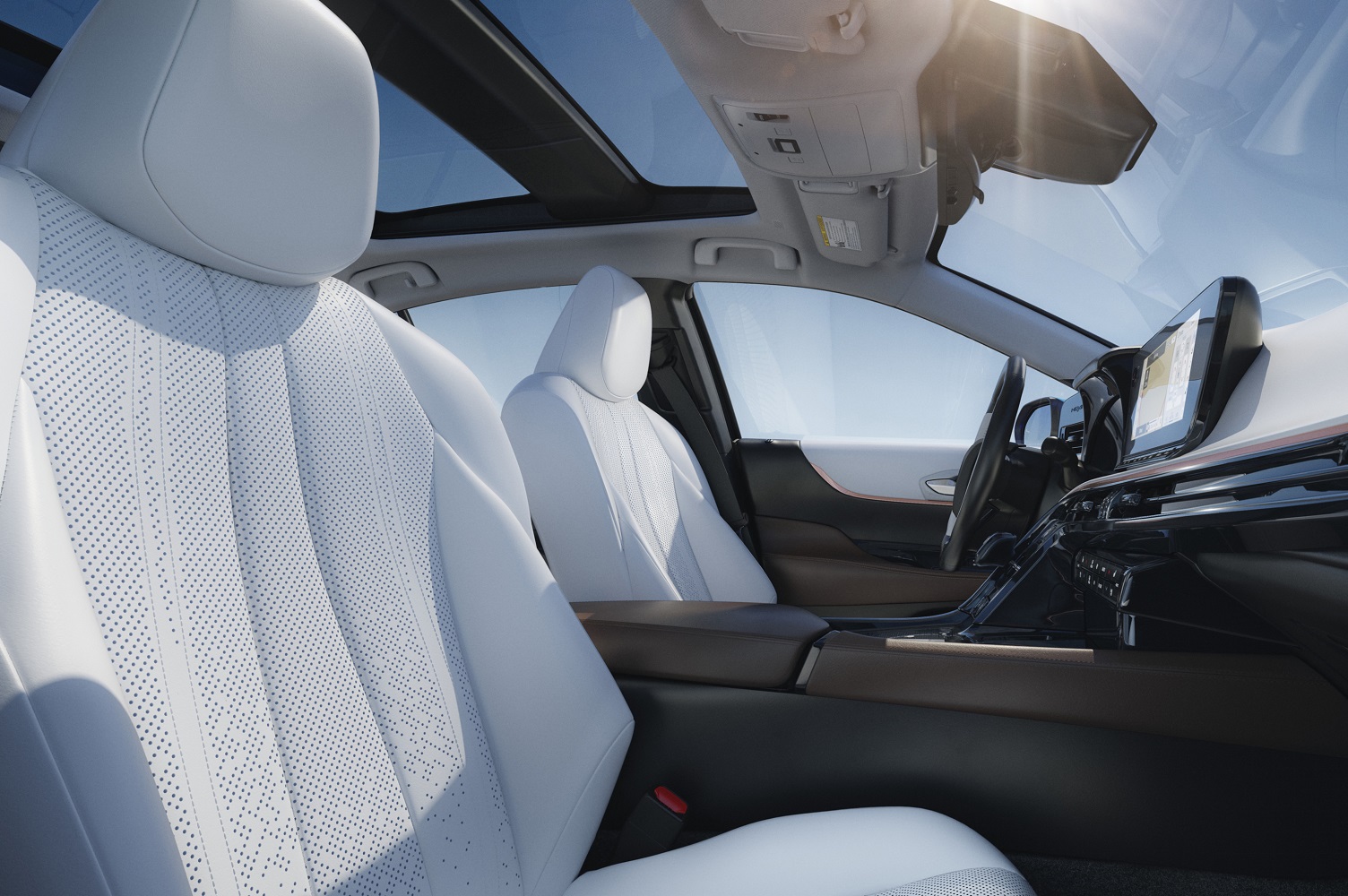While the hype surrounding electric vehicles is increasing, automotive industry executives are beginning to cast doubts on whether motorists are ready and willing to abandon gasoline. Hybrid pioneer Toyota echoed comments made recently by rival Honda when it pointed out that there is more supply than demand in the electric car segment.
“We are continuously working on EV entries, but right now, there is no demand,” explained Jack Hollis, the general manager of Toyota’s North American division, in an interview with electric car fan site Electrek. He pointed out car buyers are far more interested in hybrid models than in electric cars, so that’s where Toyota has made significant investments.
He cited Ford’s recently unveiled Mustang Mach-E crossover as an example. “Ford is taking its most iconic and its most performance-based vehicle and placing the electric into that because maybe it’s questioning demand,” he explained. He has a point, too. While they’re heavily subsidized (we’ve never heard of anyone receiving $7,500 from the government for buying a Jeep Wrangler), electric vehicles made up only 1.9 percent of new car sales in America in 2018. About 240,000 units were sold across every single brand competing in the segment. In comparison, Toyota alone sold approximately 138,000 hybrids in the United States in 2018, and its Lexus division moved nearly 25,000 more. The numbers speak for themselves.
That’s not to say Toyota will never release an electric car. It’s in the process of developing a platform to underpin battery-powered vehicles, and it’s planning to share this technology with Lexus. Speaking of which, the luxury firm introduced a battery-powered variant of its entry-level UX in some markets, and it unveiled an electric concept car named LF-30 Electrified during the 2019 Tokyo Auto Show. Electric cars are on the group’s radar, but decision-makers are taking a measured, realistic approach to electrification, and they don’t believe stuffing batteries between a car’s axles is the only way forward.
The Japanese company’s range of models includes more hybrids and plug-in hybrids than anyone else’s, and its gasoline-electric technology is also found in the Subaru Crosstrek. With these two boxes ticked, Hollis explained Toyota’s engineers are turning their attention to hydrogen fuel cells and electric cars. The Japanese firm has notably allocated a tremendous amount of resources to the development of hydrogen technology, and it gave the awkward-looking Mirai a ground-up redesign (pictured) that wraps gorgeous new sheet metal around an improved powertrain.
The demand for hydrogen-powered cars is even lower than the demand for electric vehicles, but that’s largely due to the lack of infrastructure, and the fact that very few consumers know they’re commercially available to begin with. Ask your neighbor if she’s ever heard of a Mirai, and then ask your other neighbor when was the last time he spotted a Prius. However, hydrogen begins looking like an attractive solution if these two obstacles are removed, because the tank takes about as long to fill up as a gasoline- or diesel-powered car’s, and the powertrain delivers a similar driving range.
We’ll need to be patient to find out whether hydrogen or electric cars take over, and Hollis stressed Toyota will be ready to act either way. In the meantime, the company is focusing on what it does best by making its hybrid and plug-in hybrid technology available in a wider range of models. It notably introduced a plug-in hybrid RAV4 named Prime with 302 horsepower, up to 39 miles of electric range, and all-wheel drive at the 2019 Los Angeles Auto Show.









